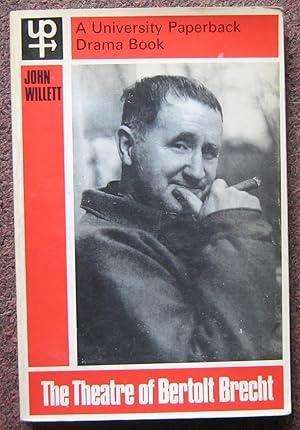
BRE - WILLET, John - The Theatre of Bertolt Brecht - (Paperback)
Check my rate
View locations
| Main centres: | 1-3 business days |
| Regional areas: | 3-4 business days |
| Remote areas: | 3-5 business days |

| Main centres: | 1-3 business days |
| Regional areas: | 3-4 business days |
| Remote areas: | 3-5 business days |
Book still in a good condition - Previous ownership inside. >>> * Biography ??? * Drama *